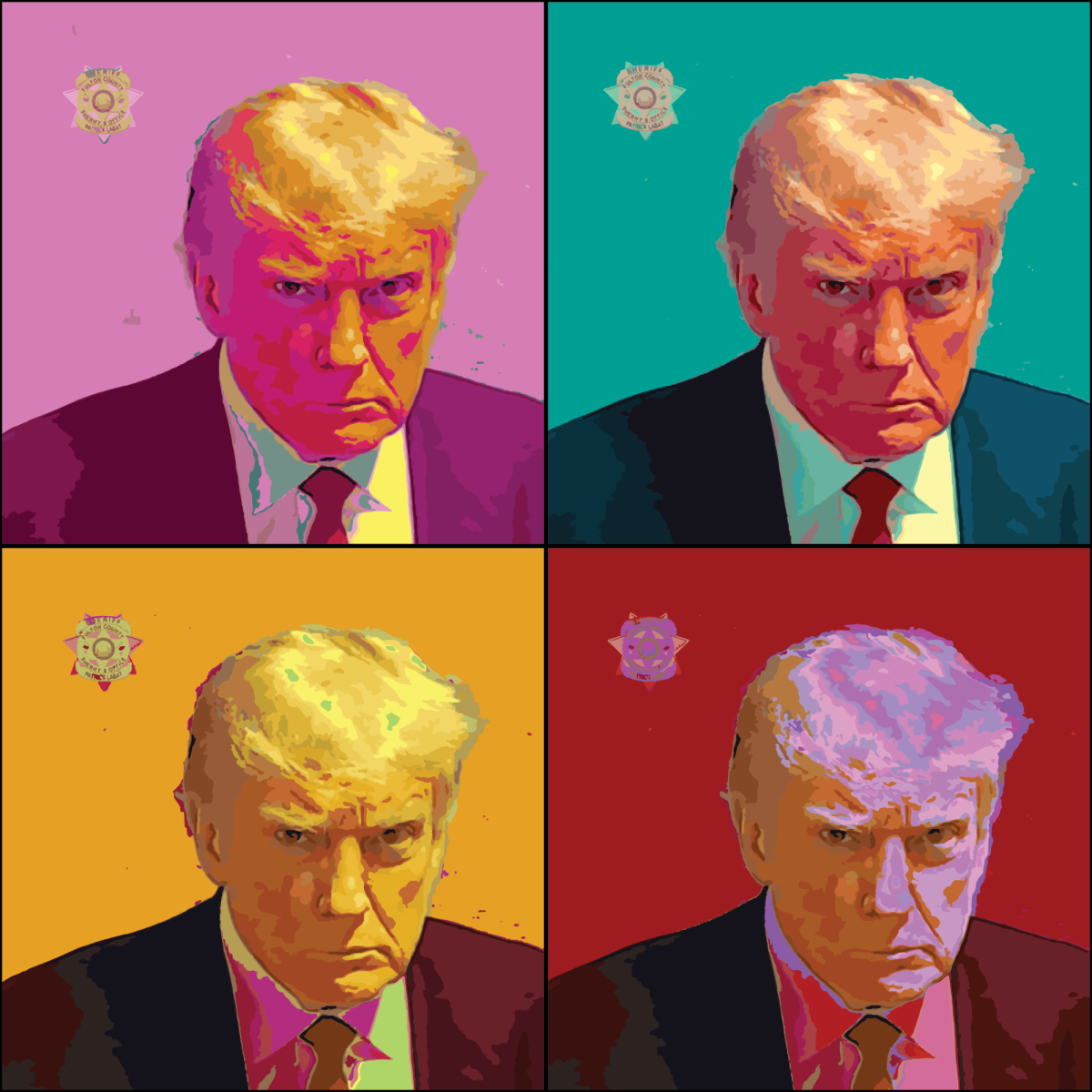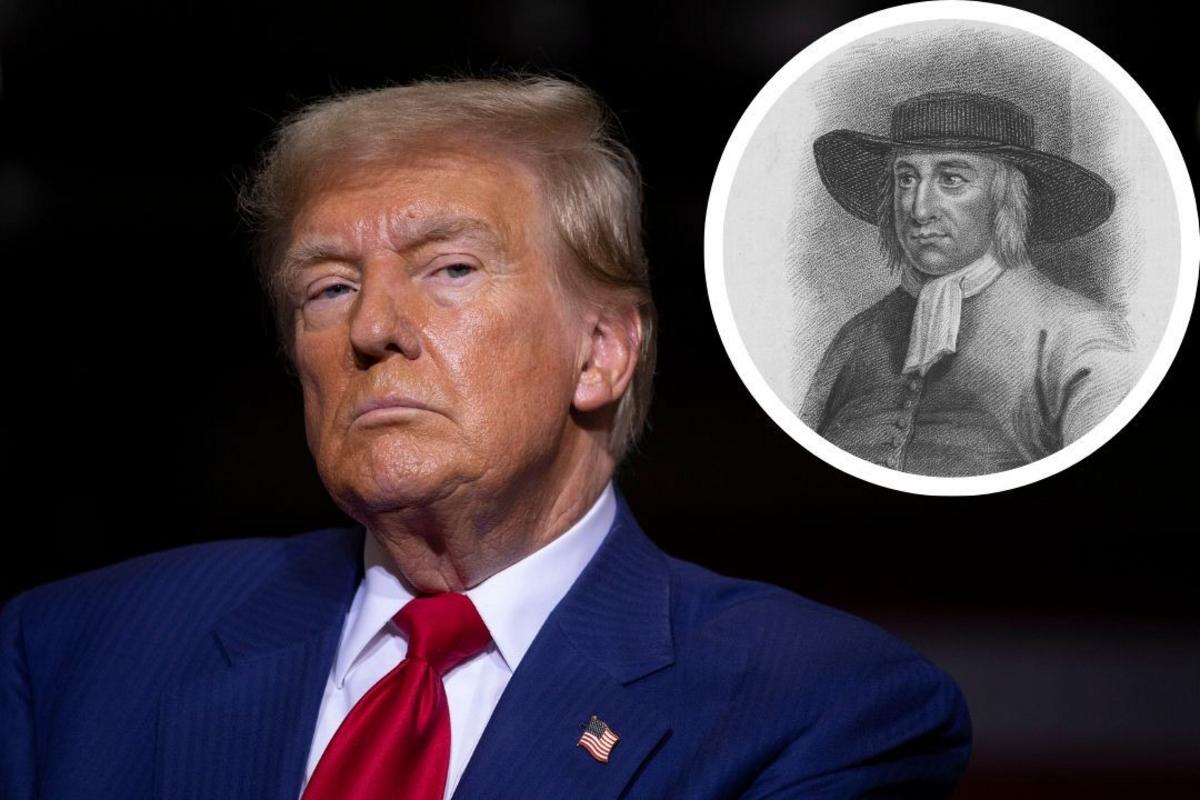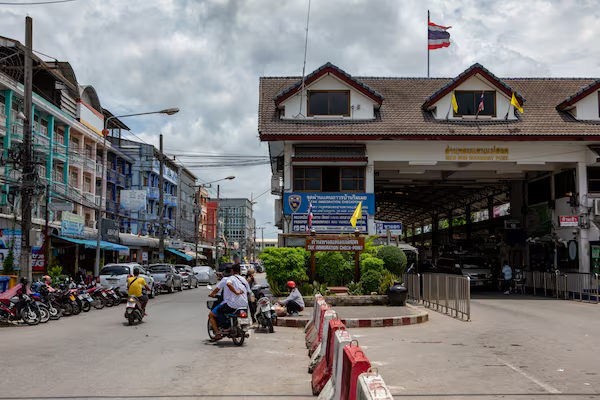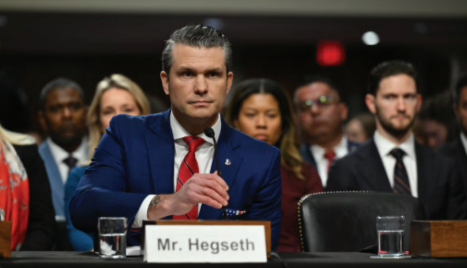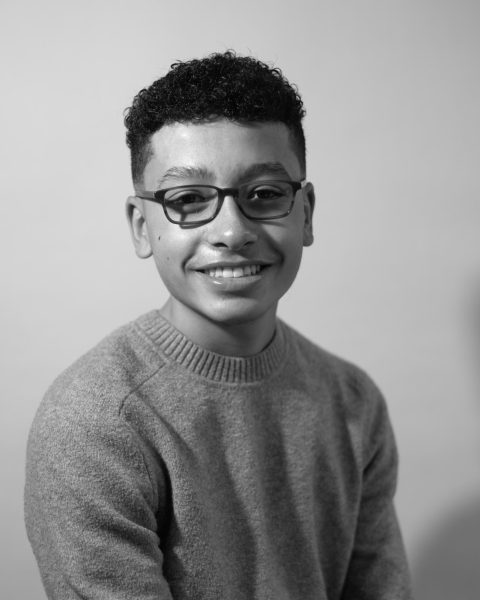Former president Donald Trump, the presumptive Republican nominee for the 2024 presidential election, has faced four criminal trials in four different states since announcing his third bid for the White House. However, since his final indictment in Georgia last summer, only one of these trials—the New York hush money trial—has proceeded. In this trial, Trump is accused of falsifying business records to pay former porn actress Stormy Daniels to keep quiet about their 2006 affair.
In Florida, Trump faces 42 counts related to his handling of classified documents from his presidential term. Prosecutors claim that he took these sensitive documents and hid them in various locations at his Palm Beach golf club, Mar-a-Lago. While this case was the first to be brought before a court, it appears the least likely to succeed. Judge Aileen Cannon, a Trump appointee, has been notably partial towards the defendant. She has allowed Trump and his attorneys to indefinitely delay the trial for a variety of minor, and seemingly partisan, reasons. For instance, when prosecutors requested for a trial date on July 8th, Cannon argued that this would be unrealistic because she needs to resolve a “backlog” of issues related to the trial, something prosecutors have slammed, saying the trial is moving at a “plodding pace”.
In the nation’s capital, Trump faces four charges related to the January 6th insurrection, in which he is accused of inciting the mob to attack the Capitol and stop the certification of Joe Biden’s presidential victory. The defense in this case has argued that Trump has absolute presidential immunity over the acts, regardless of whether they occurred under his presidency. Most courts have rejected these immunity claims, but, through appeals, the defense has taken their case up to the Supreme Court. While most justices are skeptical of Trump’s claims of absolute immunity, the conservative supermajority seems to disagree with the lower courts’ complete rejection of the claim. They believe that without some immunity, criminal law could be used by politicians against their opponents.
Trump’s final criminal trial is in Georgia, where he is accused of breaking their Racketeer Influenced and Corrupt Organizations Act by attempting to coerce government officials to “find votes” to swing the state in his favor, amongst a litany of other charges. Prosecutors have struggled to build rapport with the judge and keep the trial moving swiftly. Lead prosecutor Nathan Wade was required to resign after it was revealed that he and district attorney Fani Willis had a relationship, which the defense claims is a conflict of interest. However, this trial is the most likely to go ahead, should Trump win. Four of Trump’s co-defendants have been found guilty of the same charges Trump is accused of, and as part of their plea agreements, must cooperate in Trump’s trial. Additionally, Trump cannot pardon himself for state crimes, meaning this trial will continue regardless of the election outcome. Because of his inability to recuse himself from the Georgia case, it is all but guaranteed that at least one of his remaining trials will make it in front of a jury eventually.

